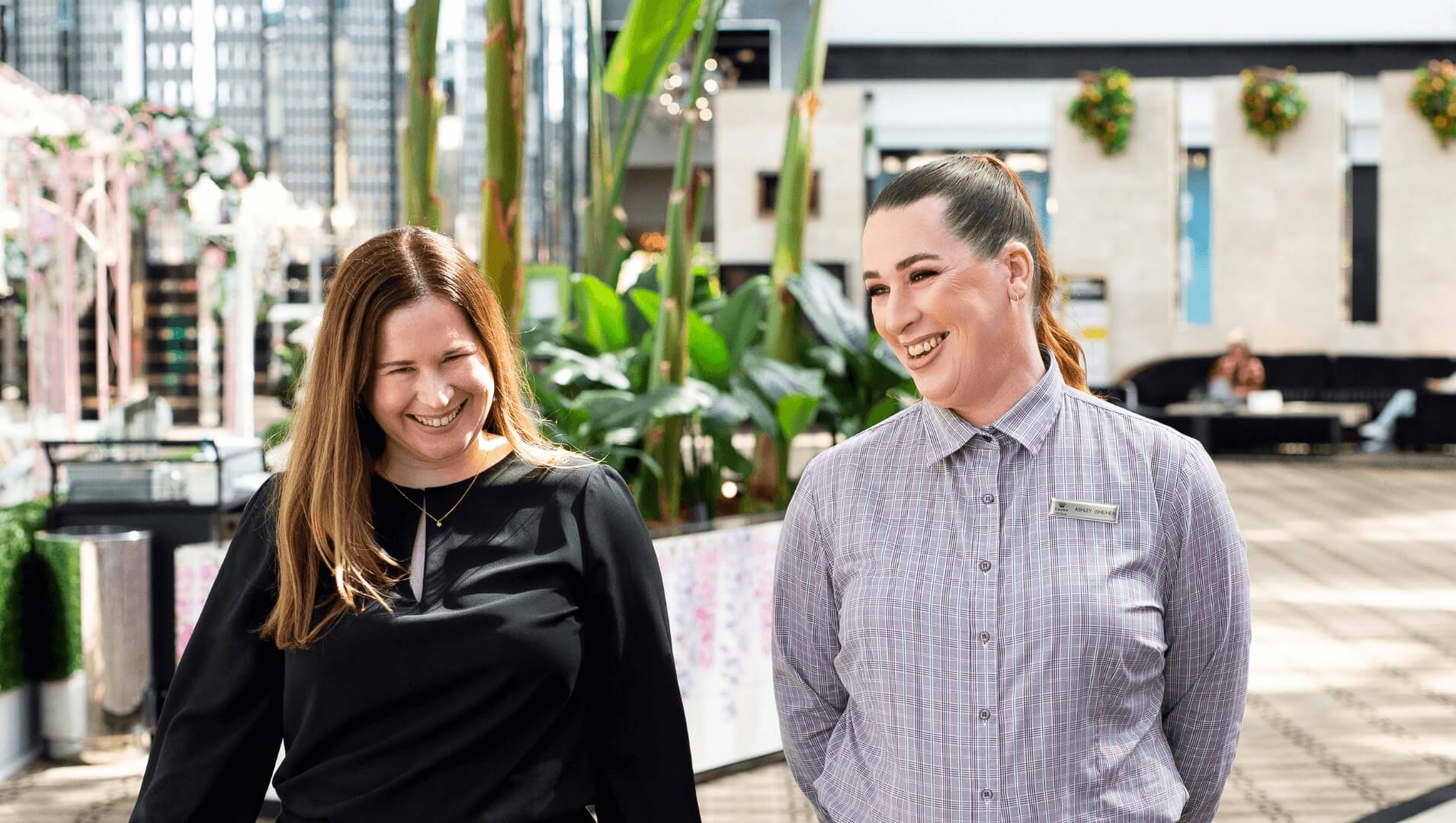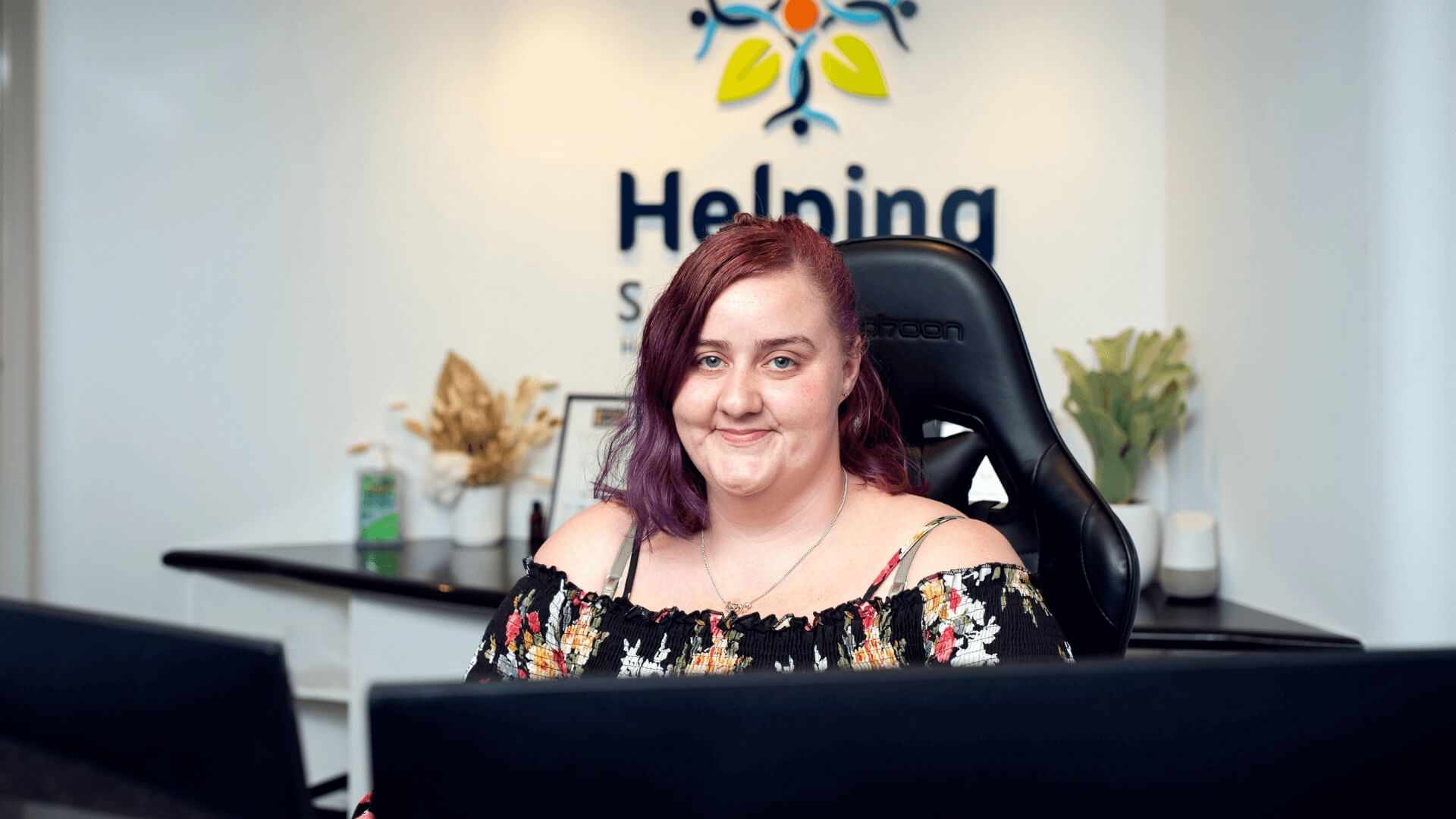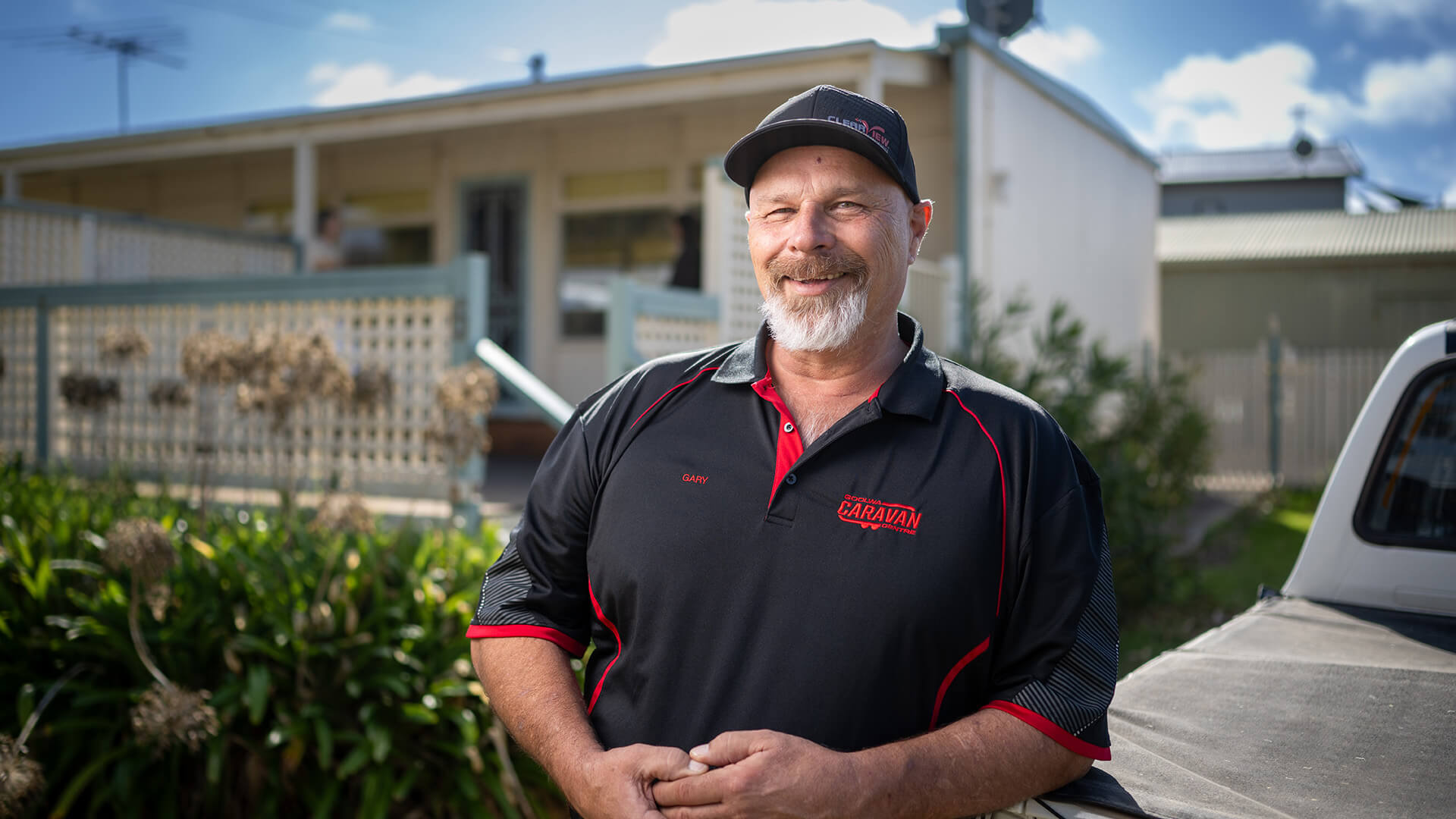Physical anxiety coping strategies
6. Watch what you eat
Eating a balanced diet and staying hydrated benefits both physical and mental well-being. Certain foods can exacerbate anxiety, while others may help reduce symptoms.
Avoid caffeine and alcohol, and stay clear of foods that increase irritability or anxiety.
Incorporate vegetables, whole grains, and fruits, and avoid skipping meals to prevent blood sugar drops that may cause jitteriness.
Some foods linked to reducing anxiety include:
- Omega-3 fatty acids (e.g., fish, nuts, plant oils)
- Magnesium-rich foods (e.g., spinach, kale)
- Fermented foods (e.g., kimchi, sauerkraut)
- Green tea, chamomile, turmeric, ashwagandha
While diet can impact mental well-being, it’s not a substitute for other coping strategies or professional support.
If you’re taking medication, discuss any herbal or natural remedies with your doctor to avoid interactions.
7. Stay active
Exercise is not only important for overall health but is a powerful way to cope with anxiety. Even simple activities like walking, swimming, or dancing can ease symptoms.
Exercise benefits anxiety by:
- Releasing muscle tension and promoting relaxation
- Diverting your focus from anxiety to movement
- Releasing serotonin, which helps boost mood
- Providing social connection and mood enhancement when done with others
8. Get enough sleep
Anxiety can disrupt sleep, making it difficult to fall asleep or feel rested. Poor sleep can, in turn, worsen anxiety symptoms.
Building healthy sleep habits can improve both mental and physical health. Some tips for better sleep include:
- Creating a bedtime routine to wind down
- Practising relaxation techniques before bed, such as deep breathing or meditation
- Avoiding caffeine and alcohol in the afternoon
- Eliminating noise and light in the bedroom
- Using sleep apps or calming music if you tend to ruminate at night
If sleep problems persist, speak with your doctor about potential remedies or medications.
9. Do breathing exercises
Anxiety and panic attacks can lead to shallow breathing or hyperventilation, sometimes without you even noticing. Practising deep breathing can release tension and activate a calming response.
Breathing exercises can be practised anytime, anywhere, by taking a few deep breaths when anxious. You can also set aside 10 minutes each day for focused breathing.
Helpful breathing techniques include:
- Deep breathing: Inhale deeply, hold for five seconds, then release slowly.
- Alternate nostril breathing: Breathe through one nostril, then switch.
- Counting breaths: Inhale on one, exhale on two, and so on.
- Three-part breathing: Inhale into your belly, ribs, and chest, then exhale in reverse order.
Anxiety coping strategies involving others
10. Stay connected
Social connection is essential for mental health, but anxiety can sometimes make this challenging, especially with social anxiety. It’s important to make time for social interactions, as they can reduce stress, build support, and enhance long-term resilience.
11. Perform acts of kindness
Engaging in community service or acts of kindness towards others can shift your focus from personal worries. Volunteering or expressing gratitude towards others can boost your mental health and reduce anxiety, stress, and depression.
12. Talk to someone
Talking to a trusted person about your feelings can make you feel understood and supported. If talking to friends or family isn’t comfortable, you can reach out to mental health helplines like Beyond Blue, Mindspot, or Lifeline.
If anxiety is overwhelming, start by speaking with your General Practitioner. They can refer you to psychologists or other mental health services.
Peer support groups can also be a valuable way to connect with others who share similar experiences, offering new coping strategies and a sense of community.
13. Make changes to your environment
If certain environments trigger your anxiety, find ways to manage or reduce their impact. For example, if tight deadlines and a busy schedule are stressors, try using organisational tools or adjusting your workload.
In the workplace, you can request adjustments to help manage stress and anxiety. Australian employers are required to make reasonable accommodations for employees’ mental health.
The Employment Assistance Fund (EAF) may provide funding for workplace modifications, special equipment, or other support.
If anxiety makes it difficult to find or keep a job, you may be eligible for support through Disability Employment Services.
Our Disability Employment Services team can help you prepare for work, find suitable opportunities, and access workplace modifications that meet your needs.






